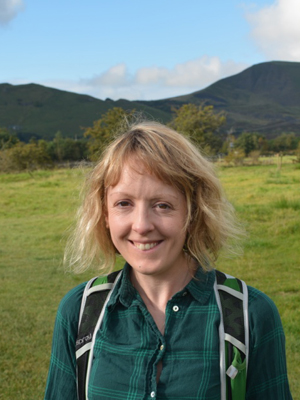Using data gathered from more than 1,000 sites across the UK, researchers from the Universities of Stirling and Sussex have found that neonicotinoids have a negative impact on butterfly populations.
Results of the study, which was published in the journal PeerJ, found that neonicotinoids remain in the environment and are then absorbed by wildflowers which grow in field margins and provide a vital nectar source for butterflies.
While previous studies have shown that neonicotinoids negatively impact on bees and other forms of wildlife, this is the first time scientific evidence has found that butterfly populations are more likely to be effected.
Dr Andre Gilburn an Ecologist from the University of Stirling who led the study, said: “Our study not only identifies a worrying link between the use of neonicotinoids and declines in butterflies, but also suggests that the strength of their impact on many species could be huge.”
Working in collaboration with the Biological Records Centre and Butterfly Conservation, researchers also found that out of the 17 species of butterfly studied, 15 were in decline in the areas heavily treated with the pesticides. Species such as the Wall brown, Small skipper and Small tortoiseshell were found to be most effected.
Dave Goulson, Professor of Biology at the University of Sussex said: “Many of us can remember a time when our meadows and hedgerows had far more butterflies, bees and other insects than today. This study adds to the growing mountain of evidence that neonicotinoids are one of the causes of these declines.”
Additionally, the study found that butterfly populations were lowest in England, where the use of neonicotinoids is highest, compared to Scotland, which had a higher population of butterflies, but use of the pesticide is lower.
The Butterfly Conservation also expressed concern at the findings and called for more urgent research into neonicotinoid use to be carried out.
Dr Tom Brereton, Head of Monitoring at Butterfly Conservation, said: “Widespread butterflies have declined by 58 per cent on farmland in England over the last 10 years, giving concern for the general health of the countryside and for these and other insects in particular.”
